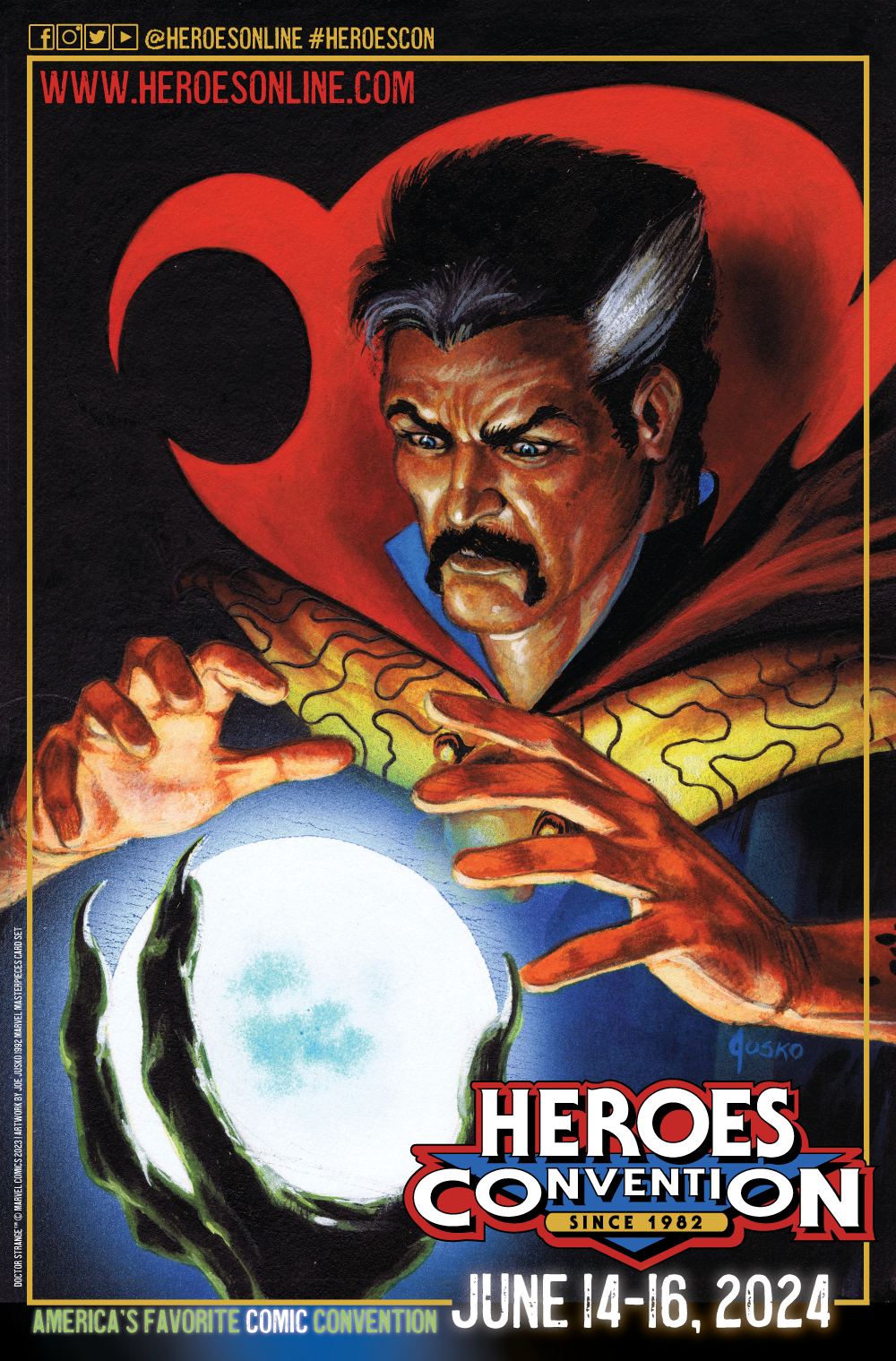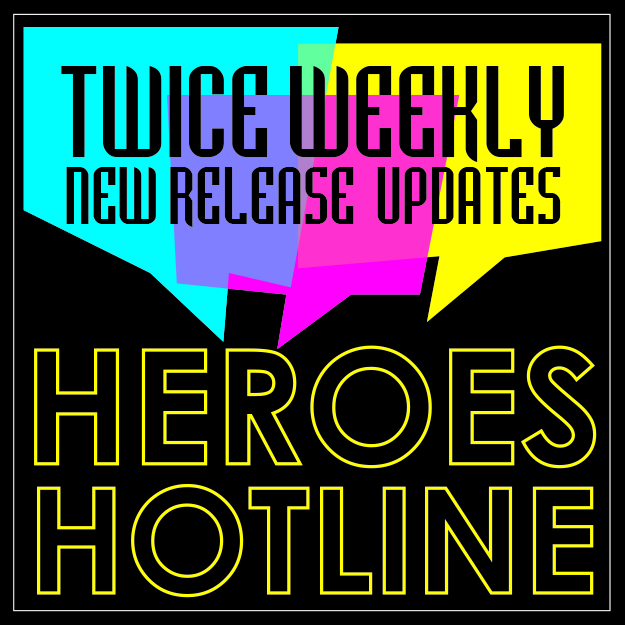REVIEW :: The Complete Persepolis
I’m having a hard time putting my thoughts together on this book. Originally published in France by L’Association, then translated and published here in two volumes several years ago, this new complete edition was too cool-looking for me to pass up buying. Not to mention that I have to HEAR ABOUT this thing constantly, what with the movie coming out, media coverage, etc., so I guess I got worn down. Despite its generally pretty favorable reviews, this book always struck me as getting its attention more from the fact of it being a graphic novel than from any real intrinsic quality.
And I think, largely, that I was right. I finished the book yesterday, and while it was a fairly enjoyable read, I didn’t feel any especial frisson upon finishing it, or sadness that I was done. In fact, and most damningly, I spent most of the time I was reading it imagining how much more effective it would be as a movie. I can’t really say whether this is a good thing or a bad thing, but I think generally that in cases of ambivalence in art, it’s usually a bad sign.
The book, which is Marjane Satrapi’s memoir of growing up in fundamentalist Iran, is most effective when portraying the different facets of Persian society: not only the oppressive theocratic government, but also the lives of the people living under that government. Satrapi humanizes the country of Iran for Westerners–it is always easy to forget that the actions of a nation’s government are often at odds with its populace, and Persepolis makes it clear that the image of Iran we see through the media is one-dimensional. As a daughter of a liberal-minded family, Satrapi is constantly having to masquerade as an appropriately subservient female whenever she leaves the house, throughout the book. Not only that, but the suggestion is that in the Tehran of Persepolis, most of the populace ascribes to the fundamentalist position out of simple fear, and this is repeated often in the actions of the Satrapi family. It’s an effective device for portraying Persian society in general as largely paying lip-service to their totalitarian rulers.
But Persepolis fails in several key places–the most obvious of which is graphically. Which is not to malign the art, which for all its simplicity and occasional roughness is clear and easy to follow; rather, it’s that this is a comic at all. It is hard to imagine how this book is better as a graphic novel than it would be as a simple prose memoir, or even as a movie. Whereas other recent graphic novel memoirs have used the language of comics in a way so sophisticated and intrinsic to the story’s telling that it’s hard to imagine them as anything BUT comics–I’m thinking specifically of David B.‘s Epileptic and Craig Thompson‘s Blankets—Persepolis is merely a memoir told in comics. Marjane Satrapi’s choice of comics as vehicle for her story is not a bad one, but it’s not a particularly inspired one, either.
The other surprising weak point for me was Satrapi herself–though it’s easy to root for her during much of the first part of the book, as she grows up under the twin oppressions of the Iranian government and the attendant strict Muslim observance, it becomes harder to sympathize with her the older she gets. During the part of the story in which she’s a student in Vienna, I kept waiting for something to happen of importance. Instead, it was just a lot of drug use, fringe politics, and nihilism, which unsurpringly ended up with Satrapi feeling alone and damaged. When she finds her boyfriend in bed with another woman, she has a breakdown and ends up returning home. After the gravitas of the early part of the book, her anguish over this turn in her life seems misplaced and almost petulant–it seems to suggest that, having left the stifling atmosphere of Tehran for progressive Vienna, she finally had the freedom to waste time and do drugs, but somehow life treated her unfairly by not working out. While this is probably a pretty common idea at 19, her age when these events occurred, you would think that Satrapi would have changed her outlook by her 30’s, when she made the book. She sums it up best herself:
“Next to my father’s distressing report, my Viennese misadventures seemed like little anecdotes of no importance. So I decided that I would never tell them anything about my Austrian life. They had suffered enough as it was.”
??? This marked the end of my investment in Marjane Satrapi as a character in her own memoir. What had seemed somehow important near the beginning sounded dramatically less so now–maybe that’s just a reflection on my expectations going into the book. But by the end Satrapi’s story seems pretty pedestrian, with the exception of its setting. While her life is hardly banal or boring, it’s rarely remarkable past her interaction with her environment. Besides growing up under an oppressive and brutally violent religious regime, her problems are not much different than most young adults: identity, self-worth, direction. Her choices don’t seem any more heroic than those confronting any other young person struggling to decide what they will do with their lives.
In the end, Persepolis is valuable for its depiction and humanization of Iranian society–it’s hard to imagine a country more maligned in all the world, both now and throughout the last several decades. Seeing the culture from the inside; imagining what it must be like to come home and find your neighbor’s home destroyed and your neighbor dead; seeing the forced duality of the citizens, in their attempts to appear observant but still lead free lives: all these things are very eye-opening in a memoir. The problems of an intelligent girl who had a bad breakup and lives on the streets for a few months; not as much. I enjoyed Persepolis, and found it very thought-provoking, which alone was worth the price of admission. But on the whole I think much of the hype surrounding this book is that an Iranian expatriate published a memoir as a graphic novel. I suspect the same book as prose would have been wholly unremarkable, and much less likely to yield the critical attention it has received.














I can’t help looking back and remembering– that I was impressed with the book for several reasons. However, it has been almost two years since I first read Persepolis, so it would be impossible unfair and downright stupid to try to disagree with such a well thought out and written critique.
One thing I need to challenge you on:
I consider an open minded person and believe myself to treat individuals as I would hope they treat me.BUT….When I think of the middle east or see pictures, I (regrettfully) get into a specific and cautious mindset. I see heat, oppression, trouble, anger at my government, anger at Religious fanatics..I have trouble seeing people. In the late seventies, if I saw pictures of Vietnam’s gorgeous jungles or villages I would have felt a similar feeling of dread.
However, reading Persepolis and it’s cartoony (and distinct) style invited me right into the story and the characters. I must confess, I would ONLY have read it as a comic.
I realize this is a dicey subject and I may lack the rhetorical chops to pull off my argument, but I felt the need to address this.
PS–I strongly disagree about Blankets– though an entertaining read, but that is a conversation for another BLOG
Thanks for listening and be gentle.
Gentle schmentle, Andy! I agree and disagree with your disagreement with me: I agree that the graphic style made it easier to accept these characters as people who share the same humanity as we do–although you’re right about what this reveals about us as cultural chauvinists. And I definitely think that the MOST important facet of the book was this look into the mind of the Persian populace, separated from the Iran we see on television.
But I would posit that this would apply to ANY book with similar subject matter–you might be more likely to read a comic like this than the same story in prose, but you’re predisposed towards comics. My problem is that I bet that, edited down somewhat, the movie version is miles better, because this story is dying for things that comics lack: sound effects, a score, etc. Basically, padding.
I think a great writer, with a really great story, could get to you in any medium.
I’ve got to agree with most of your criticism, especially of the material originally published as Vol. 2. I thought the first part was fascinating: the insight into Persian history, and the personalization of life in modern Iran. Compared to that, the expatriate student story was mundane. I wasn’t crazy about the visuals, but they worked well enough for me in the first volume.
I really like Persopolis but when I saw the new complete edition my first thoughts were that I didn’t think it would work as well as one book read at one time. Basically, I enjoyed the first book a lot more and when I think of Persopolis, I think of the first book as the real thing and the second as just a sequel. Not that I don’t like the second but I was a little let down by it. Maus on the other hand, I can’t even imagine thinking of as two books because they flow together so well. But Persepolis, I’m perfectly happy just reading the first. All that being said, as a stand alone book without thinking too much about history and social issues etc. and just enjoying the art and the story, I actually prefer Satrapi’s Chicken With Plums.
Excellent suggestion, Shannon. Have your read “Embroideries”? Despite its problems, I enjoyed Persepolis enough that I’d like to try both of these other Satrapi books.
Marjane Satrapi is Whitesnake to David B’s Led Zeppelin. I think, like a lot of the recent spate of “graphic novel memoirs,” Persepolis is a book that’s goes down easy for those largely unfamiliar with the comics art form for many reasons which are largely external to the quality (or lack thereof) of the work itself.
Well said, Ben. Although I’d like to point out that, while I have a ton of problems with the book, overall I enjoyed it. I guess I just didn’t enjoy it in a way that left me really excited about it. For instance, I’m reading “Curses” by Kevin Huizenga right now, and I can’t tell you how much I’m loving it.
I’m ALSO about a third of the way through “Midnight Sun”, by the way, and so far I’m loving it as well. Good one, Ben!
Yeah, I certainly didn’t have a passionate dislike for Persepolis, but I think, like you, I just found it unremarkable, especially in light of the incredible amount of PR it seems to get. And it’s certainly hard, if you’ve read Epileptic, not to be off put the visual style of Persepolis. In that respect, it’s one of those books that I might have enjoyed more “if I didn’t know better.”
Glad you’re liking Midnight Sun. If you review it and don’t wind up liking it, I ask only that you not compare me to Whitesnake.
I finished Midnight Sun for the second time– love–LOVE the digest format!–and what a terrific read it proved to be. The different plot threads interweaving. Choosing the writer as the counterpoint to the heroic struggle was a phenomenal storytelling decision on your part.
Three thumbs up (if I had a third!)
Glad you liked the book, Andy! Now back to Persepolizing!
If I had to choose 1 book to readit would be Embroideries. that is a book that was successful AS a comic book.
If readers find Satrapi (as presented in her book/movie) surprisingly ordinary, then she’s achieved one of her goals, hasn’t she? There is a certain public service in demonstrating that people in Scary Foreign Countries are actually Just Like Us.
One negative consequence, on the other hand, is that the character (and book) we’re left with isn’t terribly interesting in itself — especially since (as you point out) she doesn’t visually dazzle very often.
I can see it (like Uncle Tom’s Cabin) being remembered for the circumstances that produced it, rather than (like Fun Home) for its inherent quality, if that makes sense.
But I admit, I haven’t read it in a while.
Excellent point about Uncle Tom’s Cabin, Leigh. Definitely my favorite thing about the book was the humanization for me of Persian culture, which otherwise is easy to think of as alien and dangerous. I guess if it stopped at that, and didn’t get into the less interesting autobio stuff, it would have been a more successful read. I’m reading Lucky by Gabrielle Bell right now, and I notice that, despite the utter lack of anything interesting going on, her stories are usually engaging because of the quality of the writing.
Ditto for Chester Brown, maybe the best of the autobio cartoonists. It’s not like he was kidnapped by Russian spies or anything, but still his stories are engaging and affecting. Due in large part to his mastery of comics as a language, and his very, very careful attention to every facet of that language.